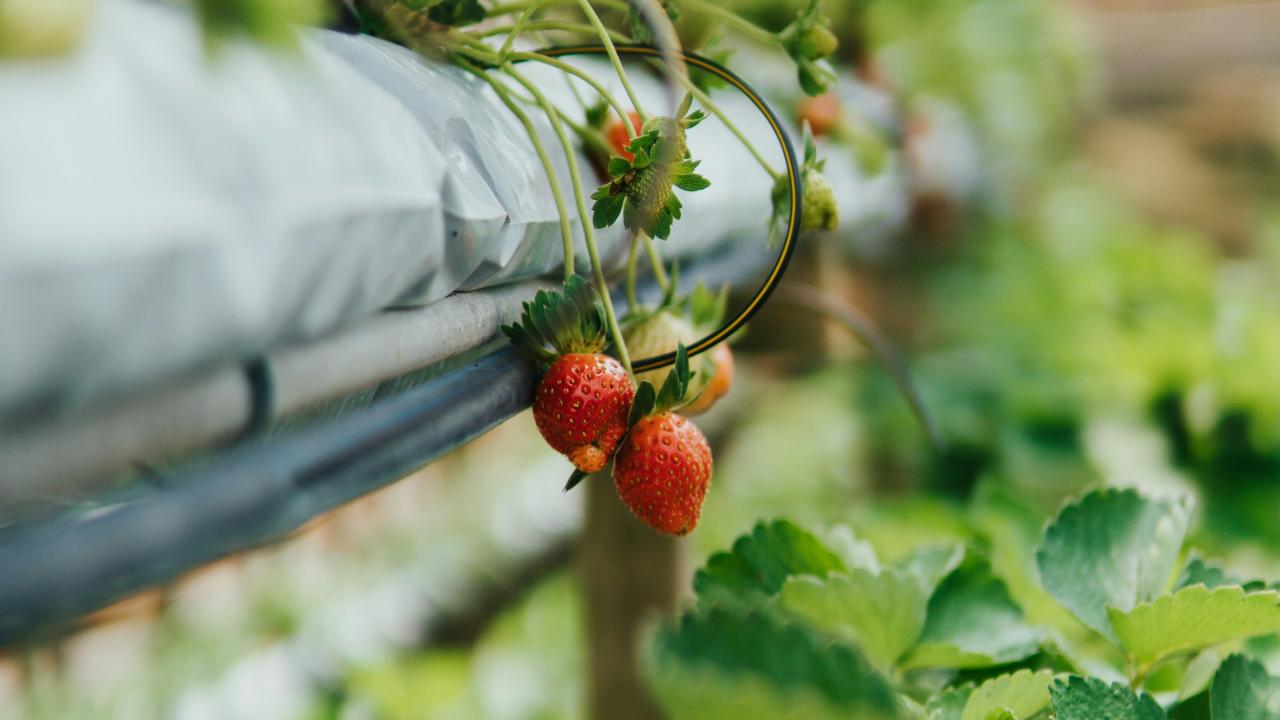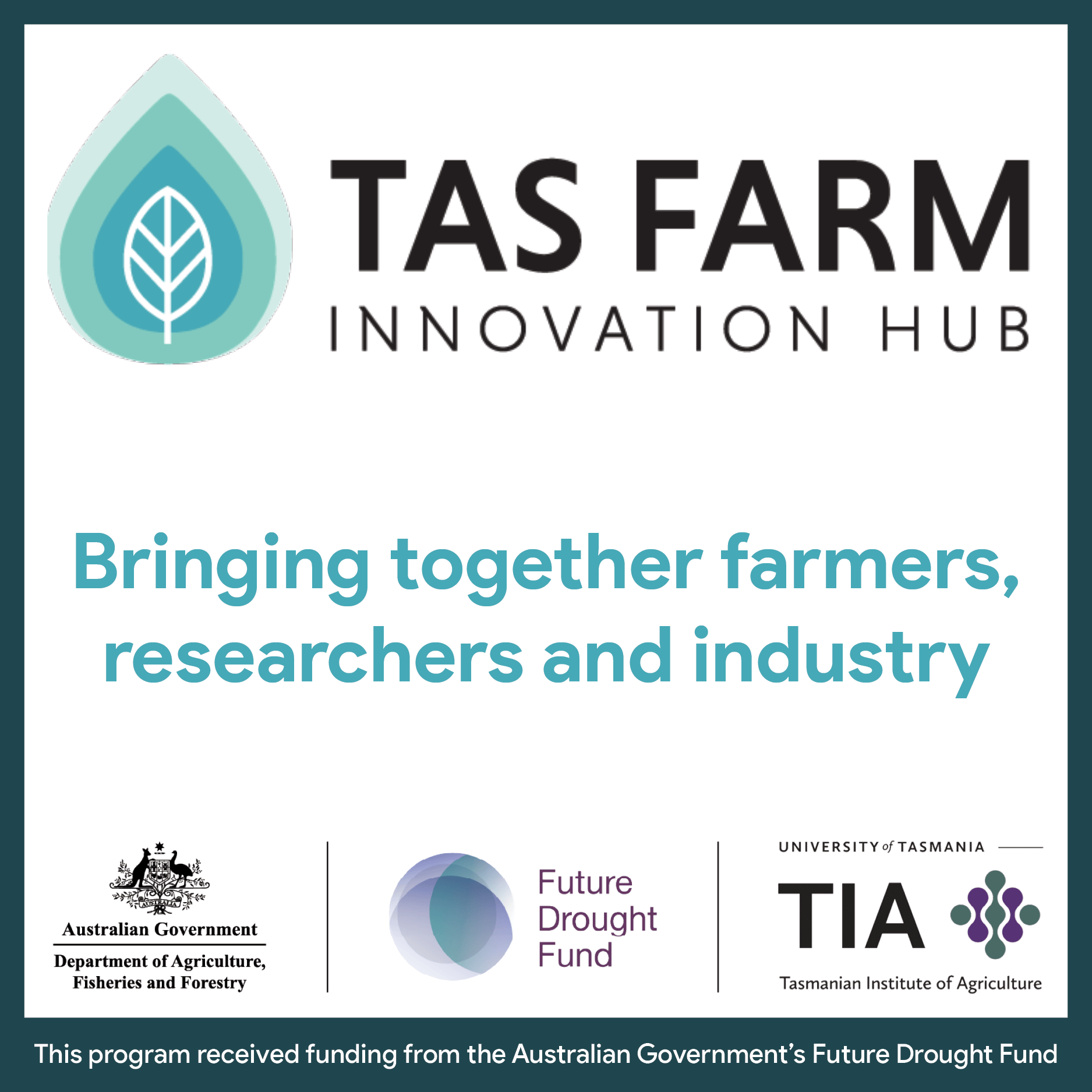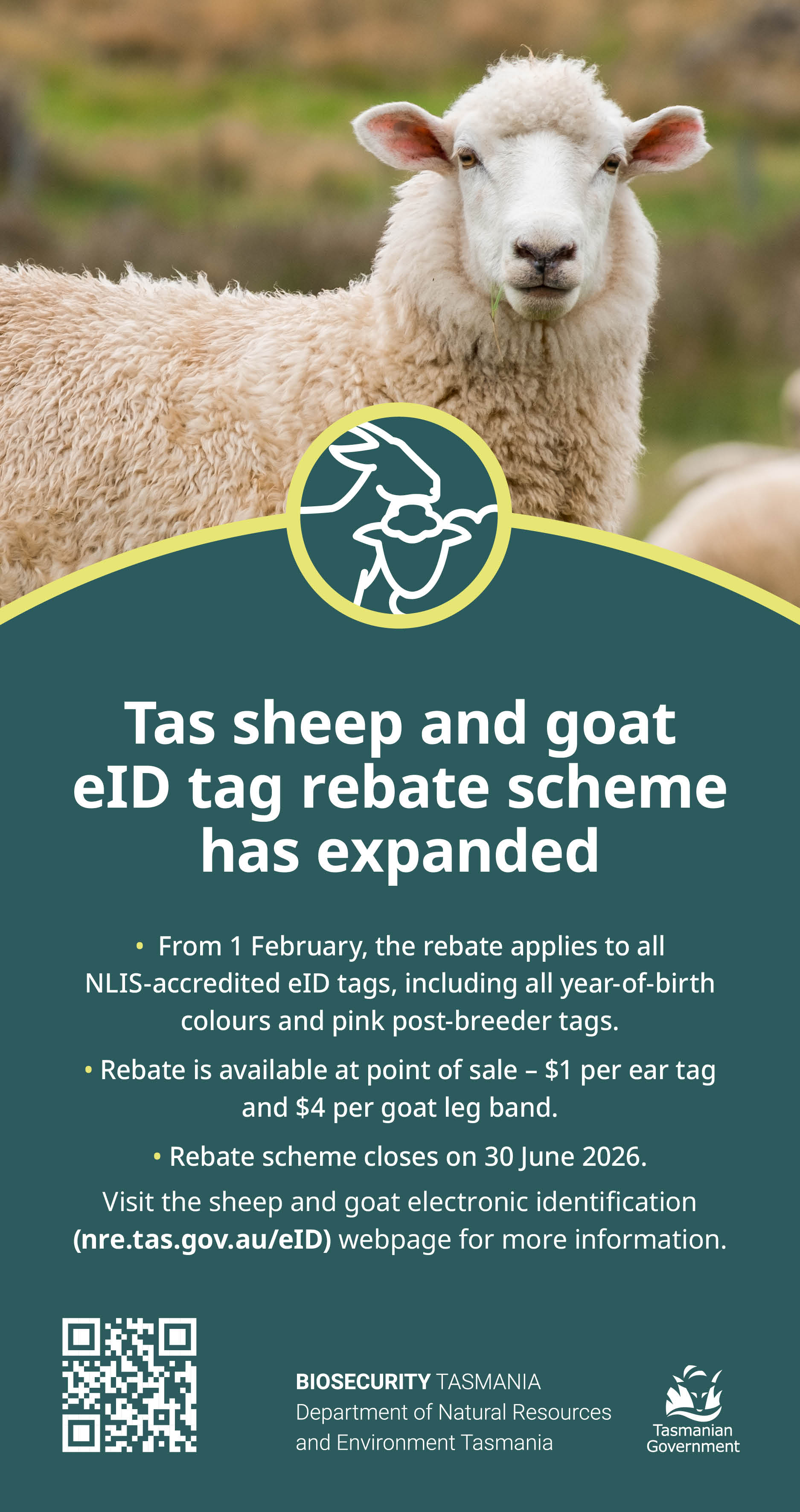TasFarmers Matters - Boost return by adding value

Regional Development Tasmania recently released their Tasmanian Economic Review for 2025, which highlighted critical insights into the importance of agriculture to the state’s growing economy.
In particular, it was interesting to read that Tasmanian agriculture is significantly more productive than the national average, with each worker generating on average $20,960 more output then the national average.
This says many things about agriculture in the state, but particularly that our state’s innovative producers are leading the nation when it comes to efficiently growing produce that feeds the nation.
Growing in total value to $2.46 billion at the farm gate in 2023, agricultural workforce growth in our regional communities is breathing new life into our towns outside of our major cities.
The Gross State Product of Agriculture in Tasmania is worth 2.5 times more than the national average per resident.
It is for this reason that TasFarmers has been so vocal about the need for Governments to back in and support this industry continue to grow, as we know that this will significantly increase the flow on economic impact for the state, particularly in regional areas.
With the state’s increasing agricultural production, it’s no surprise that agriculture and food products make up more than 60 per cent of the state’s exports by volume.
While growing the exports of agricultural and food products represents a significant opportunity to grow trade from the state, it also highlights one of the biggest challenges – the increasing cost of Bass Strait freight. Since Covid, freight costs have increased 58 per cent after Tasmanian Freight Equalisation Scheme subsidies are applied. TasFarmers has been a strong advocate for reform of the TFES system and sees the federal governments long-term review as critical to securing the long-term sustainability of the industry.
The report also highlights that value adding the state’s agricultural production prior to it leaving the island represents the greatest opportunity to increase the value of our Gross State Product.
At present, only 11 per cent of the state’s agricultural production is value added prior to leaving the state.
Value adding can increase the value of exported goods by 10-50 times while growing jobs, increasing regional activity and strengthening our economy.
This can take many forms such as processing livestock into animal products, barley into beer or vegetables into ready-to-eat products.
As the Tasmanian Government creates its next Trade Strategy, we will be advocating strongly for resources to be applied to accelerating the agricultural processing sector in the state.
Having a strong processing sector will increase the demand for agricultural products from our local producers, increase the value of trade from the state and reduce the challenges associated with freight costs.
The cost challenges associated with freighting higher value goods are significantly less then low value, unprocessed goods.
The multiplier effect of value adding agricultural products provides only positives for the whole supply chain and in turn, Tasmania’s economic health.




Add new comment